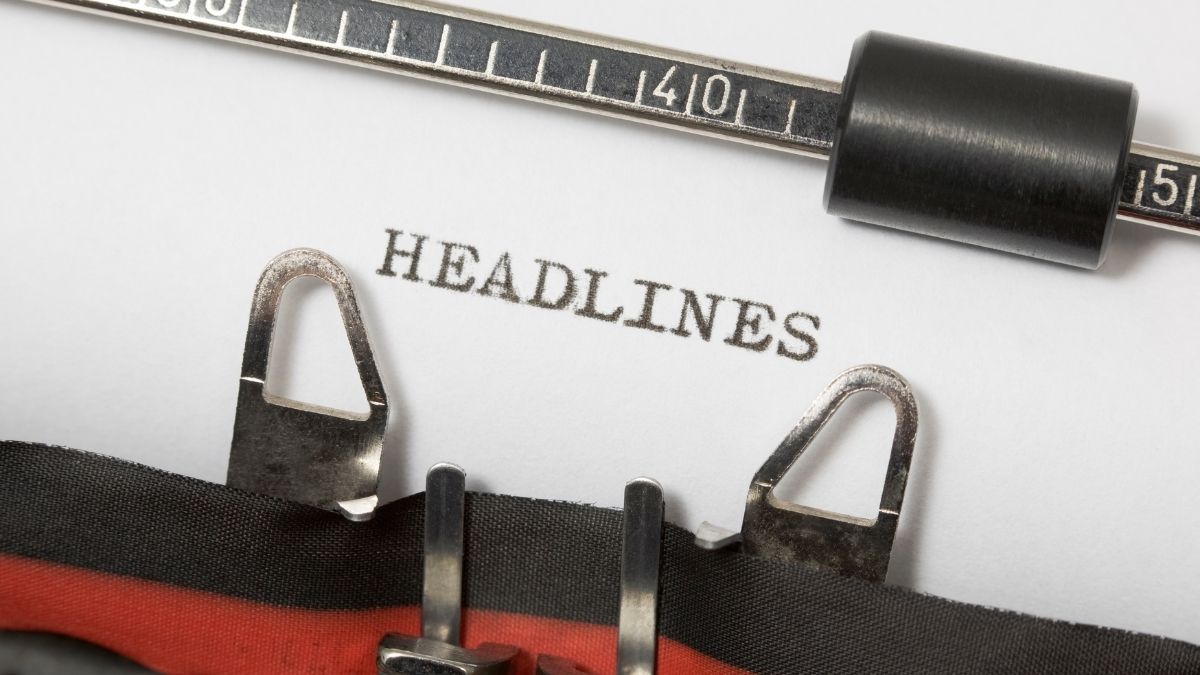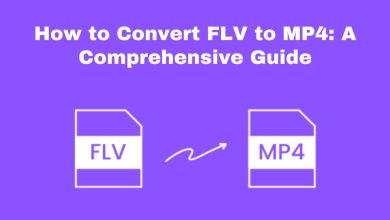
When you have a good idea for a clear content marketing strategy, such as a new eBook or whitepaper, what do you do first? If you’re like most content creators, you dive right into research or begin outlining the piece with a general idea of what you want to show your audience. You have a vision of the article’s body, what you believe to be the piece’s fundamental core because that’s obviously the most important part, right?
Without good headlines, content is useless
It’s not a bad idea to do some research for your article, but the truth is that the headline is almost certainly more important than the body content. With a great title to keep you on track, you’ll be able to write better and more freely.
This may appear absurd, given that a 10,000-word essay can be condensed to six or seven words in a vague headline. Even in this case, your essay may be rendered useless if it lacks a compelling headline to anchor it.
So, what makes headlines so important, and what can you do to improve your headlines so they can support your content strategy?
The Importance of Headlines
Let’s start with why headlines are so crucial to your content strategy.
1. The majority of people only read the headlines
A widely circulated study a few years ago found that 70% of people frequently shared articles without actually reading them, only skimming the headline before sharing with their friends and family on their preferred social platform. The irony is that there was no actual study; the headline was created as a self-aware way to show how many people were willing to share an article without reading anything past the headline.
After that, research institutions attempted to formally measure this proclivity and discovered that between 50 and 70 percent of people engage in this behavior. Because some members of your audience will only read the headline and disregard the rest of the content, the headline becomes even more important.
2. Your body content will be ignored if you don’t have a good headline
Does it make a sound if a tree falls in the forest and no one is around to hear it? That is a significant philosophical question for which there is no definitive answer. But here’s a similar question with a firm answer: does it matter how good your article is if no one reads it? No, that is not the case.
Only if people are actually reading your content does content quality matter to your content marketing strategy. Your headline will not generate traffic if it is not compelling. You won’t have visibility if you don’t have traffic. As a result, the quality of your body content is less important than the headline quality.
3. Even if no one clicks on your headlines, they have an impact
Good headlines should drive more traffic to your content, but they may still have an impact even if they don’t. Whether you like it or not, all of the headlines you see on a daily basis have an impact on you in some way. Even if you never read the article, the quick burst of information from the headline may linger in your mind and shape your opinion for years to come.
4. The piece will be shaped by the headline
Furthermore, if you have a headline that directs the piece, you can create a stronger piece. If you make a bold claim in your headline, for example, you’ll spend the entire article defending that claim. If you have a creative and unique title for your piece, on the other hand, it may lend itself to a more dynamic and exciting voice for your work.
5. Other platforms and mediums benefit from headlines
Headlines are more than just a means of promoting your article’s body content. They’re also beneficial for other marketing platforms and mediums. You can, for example, use a headline in a social media post or as part of an advertisement to increase interest in your best work.
6. The world of headlines is fiercely competitive
Finally, because the world of headlines is so competitive, all of these effects are amplified. Even if you want to devote more time to perfecting your body content than your headline, you’ll still be up against thousands of institutions that have mastered the headline art. So, if you want to stay afloat, you’ll need to spend more time optimizing your headlines.
What Makes a More Effective Headline?
What would be a better headline with that in mind? How can you ensure that your headlines are perfected if headlines are so important?
- Targeting a specific audience. Every group of customers will have different needs, so it’s crucial to spend time identifying and understanding your target market before you start writing. The more precise your target audience, the better. It’s rare that writing for a broad audience succeeds. Some segments of the audience will prefer a sensational headline, while others will prefer a more grounded headline. When writing a headline for your niche, this is one of many important distinctions you’ll have to make.
- Originality. Every day, people are exposed to hundreds, if not thousands, of headlines. However, the majority of them blend together in a soft, indistinguishable white noise. You must create something unique if you want to stand out.
- Conciseness. Good headlines are also brief, conveying as much information as possible in the smallest amount of space. In an ideal world, you’ll be able to tell your audience an entire story in a single sentence.
- Relevance to the present. Your headline must, of course, be relevant to the rest of your content. Make people click your headline and go to the article, only to find body content that is significantly different from what they expected; they’ll bounce and leave with a negative impression of your brand.
- A pleasant surprise. Some of the most effective headlines contain a surprise or a novelty that stands out as unpredictably unpredictable. Humans are drawn to surprise and wonder, which makes these sensational headlines all the more appealing.
- It’s a ruse. You don’t want your headline to give everything away. Instead, you should tease the most important information from your article’s body. Encourage people to click to learn more.
- Specificity. The more specific your headline can be, the better. That means properly identifying your subject matter and, if possible, including data. More than vague puddles of buzzwords, people prefer to see specific numbers and claims.
- Formatting is very clever. Headline formatting choices that are confident can instantly make a headline more appealing or persuasive for clicks. Including a number early in the headline or framing it as a question, for example, can have a significant impact on its engagement rate.
Other Writing Tips for Headlines
These extra hints will aid you in creating better headlines and writing them more quickly.
- First, do some research. Before making any major creative decisions, as with all other forms of content marketing (and even marketing and advertising in general), it’s critical to conduct research. Study your market, your competition, and your chosen platform.
- Consider different options. Don’t limit yourself to just one headline. Instead, come up with a few alternatives to the headline you’re working on and weigh them in.
- Begin large and work your way down. Consider writing a longer, more detailed headline if necessary. It’s much easier to trim the fat later than it is to try to expand a thin headline. However, keep in mind that Google despises long titles and prefers titles that are nine words or less.
- Experiment and track your results. Experiment with different headlines all the time. In many ways, the best teacher is experience; as long as you keep experimenting with different headline ideas and learning from the data, you’ll be on the right track.
Conclusion
Writing headlines is a difficult task. Creating compelling and persuasive headlines is a completely different art than writing in-depth body content, even if you have a writing background.
Even so, headline polishing is a must if you want your content to be engaging and successful.
Learn more from business and read 12 Tips for Writing a Catchy Headline That Will Get You More Clicks.




